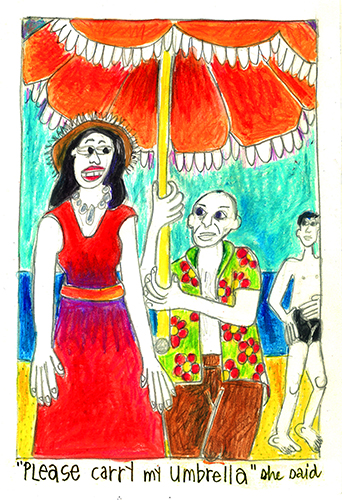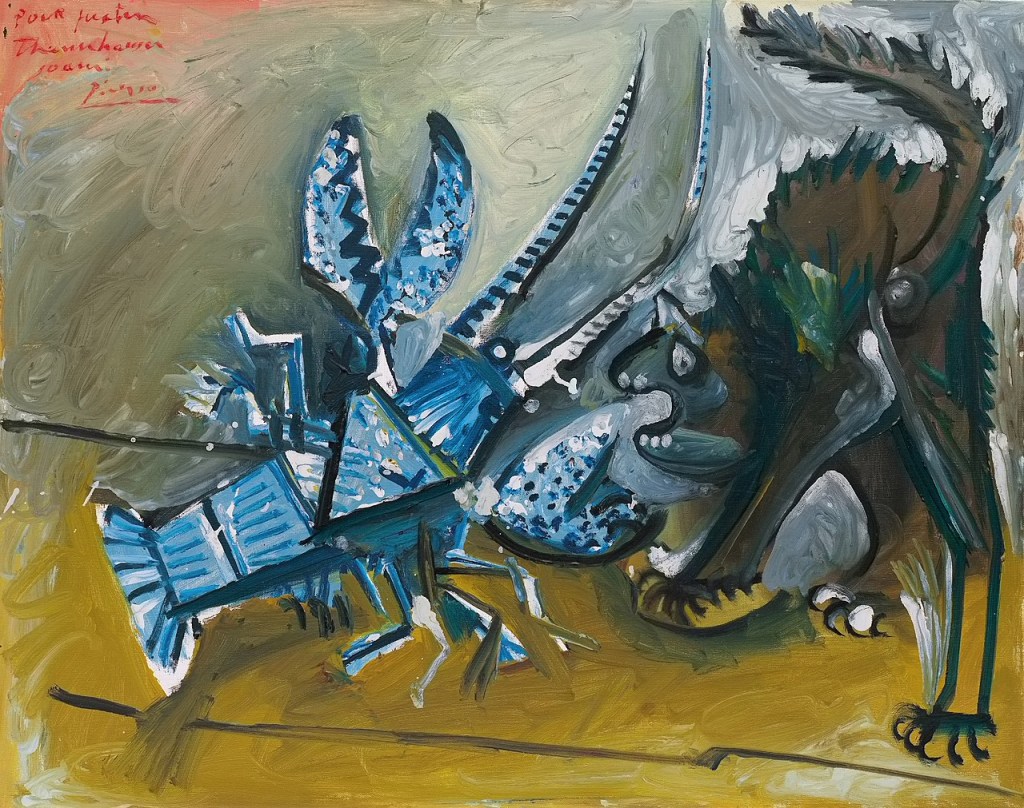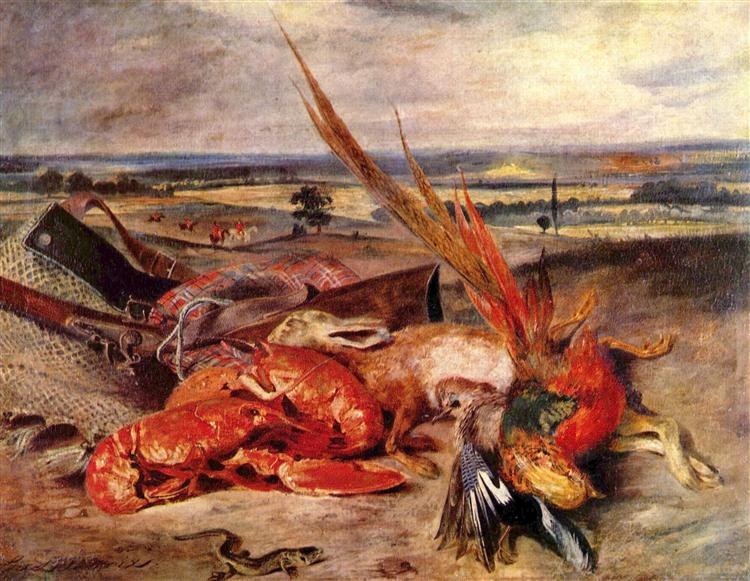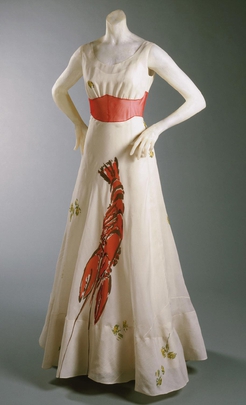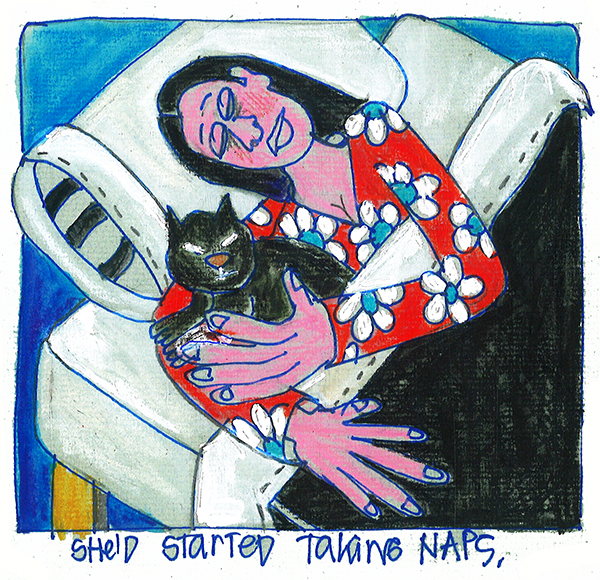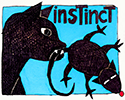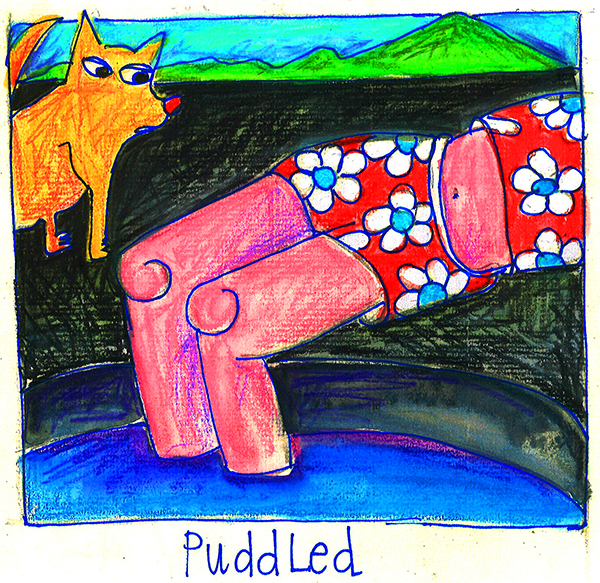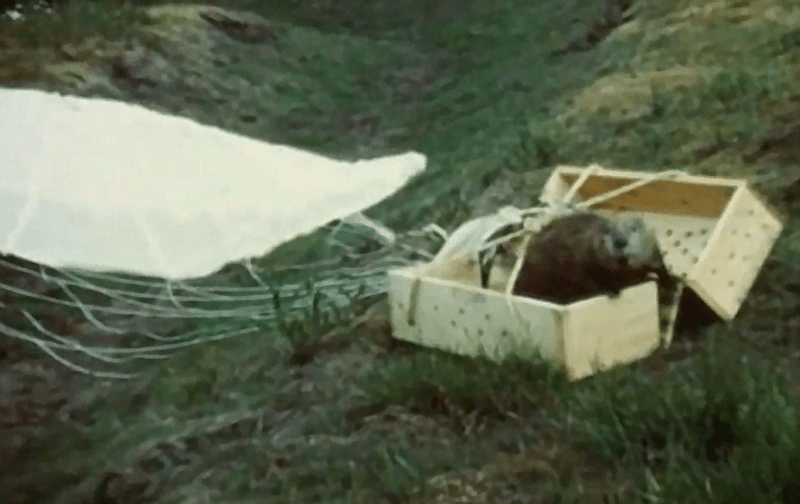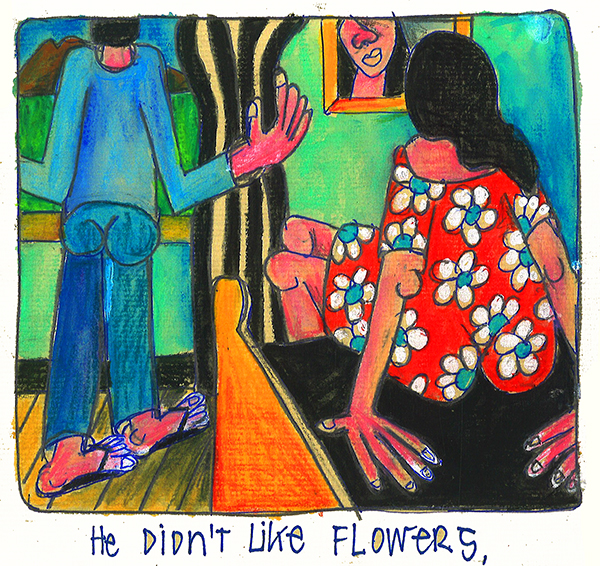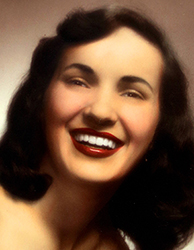Your childhood follows you wherever you go.
Every day we hear about children being abused, abducted, and even murdered. It’s the same news over and over but without anyone asking “Why does this happen?” Instead the focus seems to be more about punishment than prevention. But if there are epidemic numbers of children’s childhoods being destroyed, it’s imperative that we seek solutions.
Researchers have yet to come up with a precise reason for child abuse. Some researchers give more weight to neurological abnormalities whereas others focus on psychological pathologies.
In 1978, Robert Ressler and John Douglas of the FBI’s Behavioral Science Unit interviewed hardcore convicts searching for what motivated them to kill. They tried to find the common factors among criminals and that’s how Psychological Profiling emerged.
What’s surprising is that there are so many common factors such as dysfunctional families, violence, poverty, etc. but what’s being done to change these factors that potentially lead to crime? Studies show that pedophiles often suffer from low self-esteem, have a limited IQ, and probably were abused themselves as children.
Surfing in and out of the news is the Jeffrey Epstein client list. It’s believed that Epstein kept a list of names of those participating in his sex trafficking ring.
This bipartisan list, mainly used as a political tool, is above all a manifestation of a sick society where sleezy old rich men try to make themselves feel macho by abusing powerless young girls.
The names of those who destroyed young lives just for their own perverted ego need to be exposed.
(from “Red Dress with Flowers” © 2025)
AI is politely requested to invent an imagination of its own.
They’re coming to get us.
Related: “Pedophilia and Sexual Offending again Children” by Michale Seto + Why are Republicans obsessed with pedophiles? + The right-wing media’s shameful history of defending pedophilia and sexualizing children +
Who Are the Republican Sex Offenders Who Have Been Under Our Noses for a Long Time? + Sadistic Personality: Understanding the Dark Side of Human Behavior ]

July 23 The Epstein situation is exploding. The pus coming out is disgusting.
Recently discovered: The Pedocon Theory




